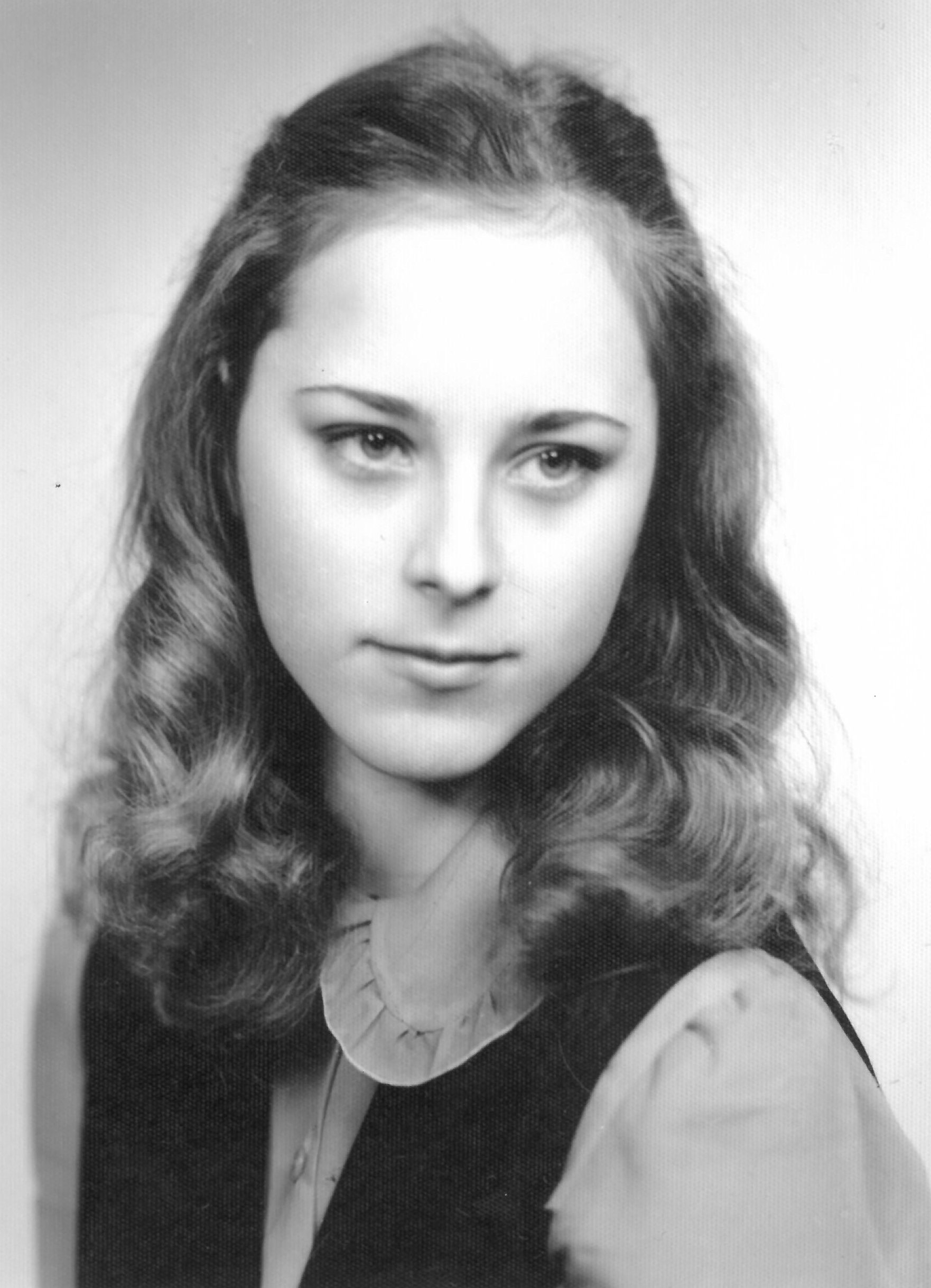My father hated those times, but he never succumbed to bitterness. He managed to sustain himself from the joy he had

Stáhnout obrázek
Iva Škrovová was born on 28 February 1962 in Ostrava, where she also attended grammar school. In the interview she spoke mostly about her father, an important Czech folklorist, conductor and composer Jaromír Dadák. He was born on 30 May 1930 in Znojmo, where he spent his early childhood. He started attending school in Vsetín where his father moved due to his new job. Jaromír Dadák‘s musical talent started showing up at grammar school, at that time, advised by his teacher, he started writing down folk songs of the Wallachia Region. Then he studied conducting at the Janáček Academy of Music and Performing Arts in Brno (JAMU). During his studies, he co-founded the Radio Brno Folk Instrument Orchestra and served as its conductor. In the 1950s, he was the director of the Vít Nejedlý‘s Army Ensemble (AUS). During political screenings he volunteered for the work at a uranium mine. Upon his return, he was working as an editor at the Czechoslovak Radio‘s folk music department in Ostrava. From 1969, he was the director of the Moravian Philharmonic in Olomouc. After 1971 he was fired and couldn‘t work in his profession. From 1983 to 1993 he was living in Bratislava. After the Velvet Revolution he was doing dramaturgy for the Days of Contemporary Music, a festival in Prague. He passed away in Prague on 27 December 2019.


































